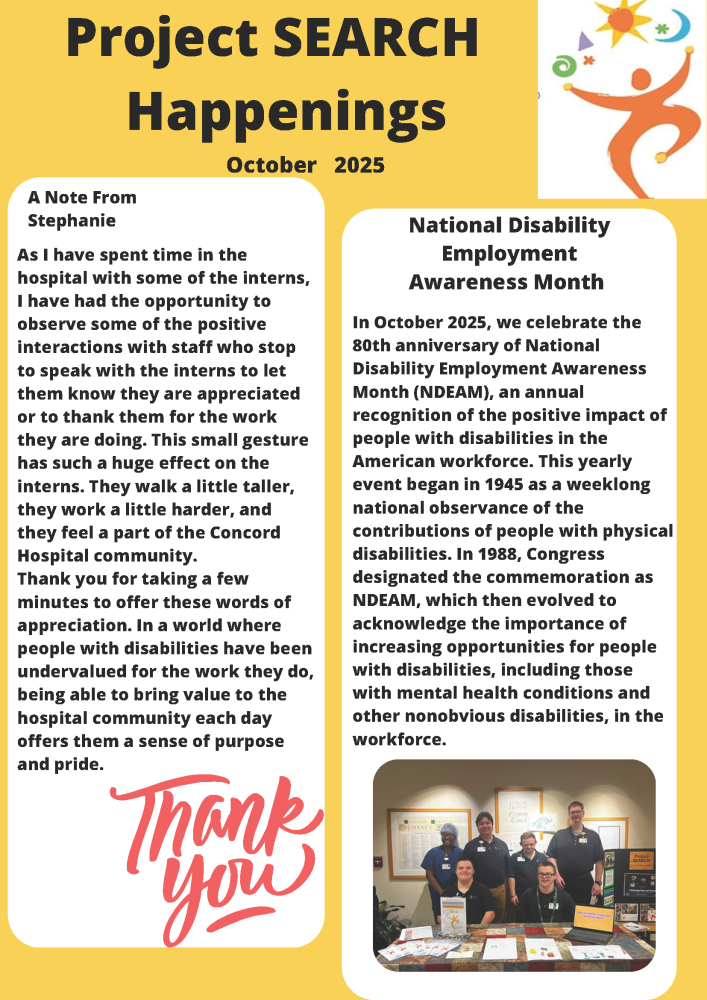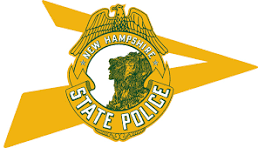NH Developmental Disabilities (DD) Waiver Renewal 2026-2031
Public Comment
Please visit the Call to Action page for details and information to participate.

Our Annual Photo Contest!
January 1 - January 31
We’re inviting individuals, families, and staff connected to Community Bridges to share photos that capture warmth, joy, and connection—
Sharing Moments That Bring Us Together.
With four categories, cash prizes, and winning photos displayed in our halls, this is a chance to celebrate everyday moments that reflect community and belonging.
Learn more and submit your photo: https://www.communitybridgesnh.org/photo-contest
Connecting Individuals with Disabilities to their Communities
Individuals with disabilities and their families work with Community Bridges to manage their unique challenges, maneuver the obstacles, and thrive in their communities.
For over 35 years, Community Bridges has provided the tools and support to individuals with disabilities so they become welcomed and active contributors to our community, making it a better place for everyone!
Our individual approach is focused on creating the best life possible for every individual we serve. From early childhood through all phases of life, people experiencing developmental disabilities or injuries have an advocate and caring partner to help them utilize their skills and talents to live a productive and rewarding life that they choose for themselves.

Person Centered Thinking
Person-centered thinking is a set of values, skills, and tools used in the planning and personalization of services used by people who need supports offered by Community Bridges. Even more than that, it is a philosophy that helps to enable positive control and self-direction of people’s lives.
Community Bridges implements person-centered thinking through training sessions offered to and required of all employees. Teaching and supporting the use of person-centered thinking skills assures that service plans will be used and acted on, that updating service plans will occur “naturally,” and that the person’s ability to lead a fulfilling, independent life is fully supported. Person-centered thinking harmonizes with our mission and provides a framework for our services that support individuals and families in their communities.
Accessibility & Language Access
Community Bridges is committed to ensuring meaningful access to our programs, services, and information for all individuals, including those with disabilities and those with Limited English Proficiency (LEP). We take reasonable steps to support effective communication and provide accommodations and language assistance at no cost, in accordance with applicable federal requirements.
Community Bridges is committed to providing equal services and does not discriminate based on race, sex, color, pregnancy, religion, disability, age, veteran status, sexual orientation, marital status, or any other legally protected status. If you believe that a representative of Community Bridges has discriminated against you while acting in their official capacity, you have the right to file a complaint by contacting the Department of Health and Human Services Office of the Ombudsman at Ombudsman@dhhs.nh.gov or by calling (603) 271-6941, or toll-free (800) 852-3345.





Stay up-to-date on news and events happening at Community Bridges and in your community.
Click here to sign up for our newsletter emails.
In Our Community

Project SEARCH October Highlights
Our Project SEARCH interns at Concord Hospital are growing in confidence and skill as they complete their first rotations, learning what it means to be valued members of the workforce. This month, we also celebrate the 80th anniversary of National Disability Employment Awareness Month, honoring the contributions of people with disabilities across New Hampshire and beyond.

The Contact Notification System is linked to the person, enabling all law enforcement across the state access to necessary information when there is a police contact.
911 Cares still exists for medical / fire / EMS services, and the Contact Notification System supports police databases.

